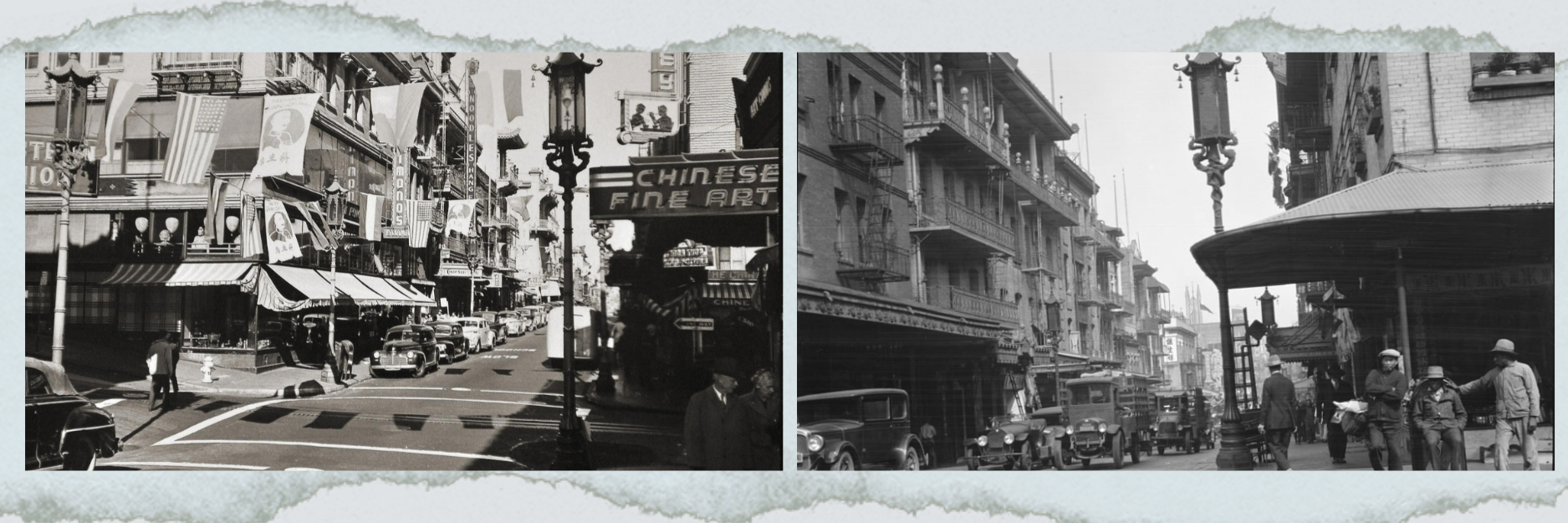James Poy Wong 黃培正

"The doctrine of piety should show us how we should take the goodness that our parents gave us and enrich it, expand it, and give it to our children. Therefore, the happiness of the children is a major premise of the piety doctrine."
"Filial Piety" - 1947
孝道
父亲的来信提及父母均已六十三岁, 这出乎意料以外的数目使我愕然。 但是略为计算一下,知道了这数目的真确,不由心中起了感情的冲动,想起父母和子女间的事情来。
我平生最怕久留在一块固定的地方,因为每每找到一个立足处, 就生了根似的不愿动弹,渐渐地就失去竞争的能力,毁了上进的心理,和埋掉生活的目的, 胡胡混混地拖着自暴自弃的躯干走进坟墓中去。 一个离家而走他乡的人,当初时时计算着离家的日期。 日子久了,希望像湖中被石块击起的水液,渐渐由微弱而至消失。 离家的日子堆积得难以计算,也就懒得去计算了。
我不曾读过古书, 对书本上所说的孝字的定义不相识,而在社会中的见闻上,所得的也是极其模糊的印象,而且恐怕是错误的观念。 少时我所认识的所谓孝子,是死了父或母而穿着白衣哭了许多日的一类可怕的人,在美国却是穿着黑衣跟随棺材车的第一批人。 还有那些买东西给父母吃,和父母去看戏,每个月给父母十元八元零用费的, 这些也成为孝子。 更有保障赞扬的贵人达官,他们也是孝子。 无论他们在家里如何薄待父母,在外侧因做官而扬名声显父母,也被列入孝子队中去。 因此我就明白了做官就是尽孝,无怪中国人看得孝字那么重大,更无怪乎中国人想做官那么深切了。
可是时代不同,一切的思想和制度都要跟着转变。 我认为孝不外是一种责任,是父母对儿女的责任, 绝对不是儿女对父母的责任。 为孝之道,就是如何将父母对我们的好处,更加丰富广大地去对待我们的儿女,所以儿女的幸福是孝道的大前提,如果父母不为儿女的教育着想,反而修筑起祖坟来,这是父母的不孝。 (哀哉! 将死的人竟利用祖宗的名义,来准备自己的坟墓)。
家庭的乐趣, 是由真诫地相处而产生的爱中得来的。 徒然扳起老虎面,以威严来无理地夺去儿女的自由只能产生家庭的悲剧。 家庭变成了监狱,可怕的精神病者的监狱。 软弱的人就容忍着,希望机会的来临而远远地走开。 刚强的人, 就当时撕毁父亲的面具,他会这样说的: “父亲, 我感谢你生出我是一个完整的人,不是天生的瞎眼,断肢,或有其他的遗传梅毒病症。 你或者有意生育我,或者是在无意的欢乐中弄了我出来。 无论怎样,你负责生我也应负责养育我,正如我要负责养育我的儿女一样。 在这一个未称健全的社会制度下,你还要给我一个踏进社会的机会,这些都是你的责任。 为了孝道,我教养儿子时比你养育我更为努力。 如果我能够做到这样,我已酬报你的劬劳之恩,你不能希望我侍奉你的晚年,正如我不能对我的儿女作同样的要求。
Filial piety
The letter from my father mentions that both my father and mother are already sixty three years old. This number exceeding my expectation stuns me. But after a rough calculation, I realize the accuracy of this figure and I can’t help the impulse of emotions rising in my heart. I begin thinking about matters between parents and children.
All my life I have been afraid of staying in a fixed place for too long because once I found a settling place, I would not want to move as if I had taken root. Gradually I would lose my ability to compete, ruin my desire to progress, and bury the purpose of my living. I would then drift along and drag my low self-esteem body into the grave. For a person who has left his homeland for a foreign place, at the beginning he would be counting constantly the days he has left home. After a while, the hope of returning is like the water waves being stirred up by a stone, gradually getting weaker and then fades away. The days away from home would accumulate beyond counting, and then one would be too lazy to count it anymore.
I have not studied the ancient classics and do not know what is said about the definition of filial piety in the books. What I get out of seeing and hearing from society is a very blurry impression, and I am afraid it is a mistaken concept. When I was a child, what I knew about the so-called dutiful sons were those dreadful people whose father or mother had just died and they wore white clothing and cried for several days. In America it is the first group of people wearing black clothing following the hearse. There are also those children buying things for their parents to eat, taking their parents to see a show and giving their parents eight or ten dollars of allowance each month. They too are considered dutiful sons. And those high officials and noble people who are praised in the newspapers are also dutiful sons. No matter how they mistreat their parents at home, because they are high officials in the society and they make a name and prestige for their parents, they are also included in this group of dutiful sons. So I now understand being an official is a fulfillment of filial piety. No wonder Chinese people consider the notion of filial piety to be so important. Furthermore, it is no wonder that they so desperately want to be an official.
But time is different now, and all thinking and systems must follow and change. I believe that filial piety is just a responsibility, and it is the responsibility of the parents to their children, and definitely not the children’s responsibility to their parents. The doctrine of piety should show us how we should take the goodness that our parents gave us and enrich it, expand it, and give it to our children. Therefore, the happiness of the children is a major premise of the piety doctrine. If the parents are not thinking of the children’s education and spend the money on constructing their ancestors’ graves, then this is the parents’ non-piety. (Alas! The one approaching death is using the name of his ancestry to prepare for his own grave.)
Family pleasure comes from the love found by members sincerely getting along with each other. Keeping a straight and furious face for nothing and using prestige to take away children’s freedom can only create a family tragedy. Thus, the family becomes a prison, a prison for scary mentally ill patients. Those who are weak will endure it, hoping when the opportunity arrives they will run far away. Those who are strong will tear up his father’s mask and say: “Father, I thank you for giving me birth in a complete human body, and that I am not born blind, crippled, or with any kind of hereditary syphilis disease. You may have intended to give me birth, or you may have inadvertently produced me in your moment of ecstasy. In any case, you are responsible for my birth, so you should be responsible for raising me and educating me, just like I have the responsibility to raise and educate my children. In a social system that cannot be regarded as perfect, you should also give me an opportunity to enter society. All these are your responsibilities. To fulfill the principle of filial piety, I will strive harder in raising and educating my children than what you have done for me. And if I can do so, I would have already paid back the debt of gratitude for your labor in raising me. You cannot hope that I will wait by your side in your old age, just as I cannot demand the same from my children.”